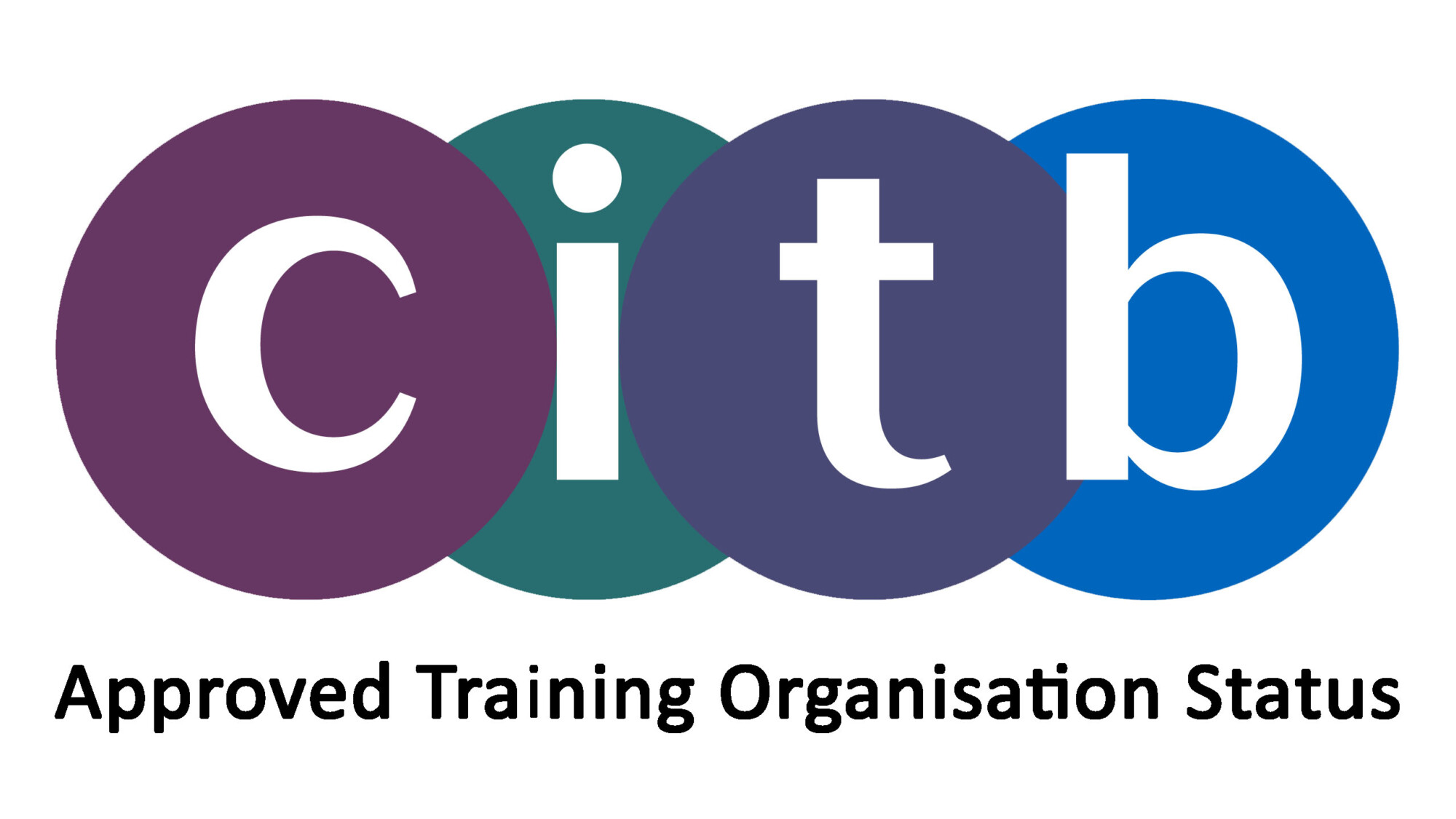The Top 5 Leadership Skills for Managing Remote Teams Effectively
We’ve all spent a lot of time talking about remote working over the last four years or so and many businesses have done a brilliant job at finding new ways to continue securing success in the post-pandemic era.
But it’s really important to acknowledge that managing remote teams isn’t an easy task. In fact, it’s so tricky that people in leadership and management roles need to have a precise set of skills. Let’s look at 5 of the most important.
1. Empathy
Being polite shouldn’t be difficult, however being truly and honestly empathetic tends to need some practice. But why is empathy important? Well, empathetic leaders know how to go beyond surface level relationships to find common ground and connect with each member of their team in ways that are actually meaningful.
Being empathetic definitely doesn’t mean that every video call needs to turn into a therapy session, but it does provide opportunities to move beyond small talk and get into the real work. By consistently displaying and encouraging empathy, leaders ensure that remote teams feel comfortable enough to share their thoughts and opinions, push back on ideas that are flawed, and work together to solve problems in creative ways.
2. Genuine Listening
It’s so easy for remote teams to feel as though they just aren’t being heard. So, it’s the responsibility of leaders to take steps to ensure that every member of the team feels valued and seen.
There are many ways to demonstrate that you’re genuinely listening to your team, including ensuring that there aren’t any distractions when you’re on video calls and paraphrasing information back to people to show that you have understood exactly what they’ve been telling you.
3. Empowerment and Trust
When working remotely, the last thing that employees want is to feel as though they are being micromanaged. Effective leaders understand when and how to empower individuals by delegating tasks and allowing them to get on with the work without constantly looking over their shoulders.
Yes, providing guidance and support is crucial. But when someone has already shown that they are perfectly capable of getting on with the task at hand and asking for assistance when needed, allowing them the space and freedom to work in ways that are most productive for them is essential.
4. Creativity
There are many differences between managing in-house and remote teams, which is why successful leaders are innovative and creative with the ways in which they approach different situations.
There are so many ways in which creativity can be displayed, including finding new ways to use technology to encourage collaboration despite the physical distances between team members.
5. Flexibility
Managers of remote teams not only understand how to remain adaptable, they also know how to encourage their teams to embrace change and utilise creative thinking to find new solutions to unexpected problems.
This is critical because there can be no notion of pushing aside challenges to tackle later with remote working. Instead, everything must be approached head on in order to drive positive outcomes for both individuals and the wider business.
Esther Patrick is a Client Accounts Director at Keystone and a member of the Senior Leadership Team. An experienced consultant and management author, she has nearly 20 years’ experience leading client partnerships across sectors from construction to healthcare and designing leadership, culture, and team development programmes aligned with their strategic goals and values. Esther is passionate about creative, human-centred learning.



